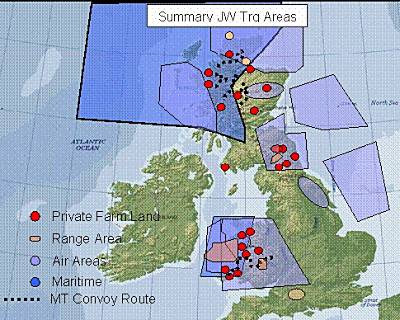WASHINGTON, July 21, 2010 — With his tenure winding down as commander of U.S. Forces Iraq, Army Gen. Raymond T. Odierno today shared with reporters some of his lessons learned on asymmetric warfare and the U.S. military’s needs of the future.
For counterinsurgency to work, military units must demonstrate their staying power to protect the local citizens, Odierno told reporters here during a Defense Writers Group breakfast meeting.
“What we learned in Iraq in 2006 was that it wasn’t just about getting more people; it was about putting our people in the neighborhoods every day,” he said. “It was about trust.” When U.S. troops first arrived in Iraqi cities and towns, Odierno said, the residents wouldn’t talk to them – a key method used to gather information about the insurgency. That changed, he said, when the military began building permanent structures.
“They’re position was, ‘We’ll tell you this stuff, but we want you here to protect us, after we tell you,’ ” he said.
Also, the general said, humanitarian missions, such as one-day medical clinics that U.S. troops conduct throughout Iraq, are important to connecting with residents. “Give them something they don’t already have,” the general said.
Odierno also discussed the U.S. troop drawdown in Iraq, which imposes a Sept. 1 goal of reducing the current 70,000 troops to 50,000. He traveled to Washington from Baghdad to take part in meetings with State Department officials about the transition from the military operations that began in Iraq in 2003 to the increasing State Department mission there.
The general himself will be part of the drawdown; the Senate earlier this month confirmed his presidential nomination to head U.S. Joint Forces Command, based in Norfolk, Va.
Odierno said he will use his lessons learned during three combat tours in Iraq to meet the command’s mission of developing joint doctrine and supporting the combatant commands.
Odierno said he will continue to make the point that military operations in today’s environment are “exponentially more complicated than when I was a lieutenant.”
In conventional warfare, servicemembers could get by on surveillance of the enemy, Odierno said. But today’s servicemembers, he said, need to understand the culture, politics and economics of the regions in which they are fighting in.
“You have to understand the ‘why,’ ” the general said. “You have both lethal and non-lethal tools available to you, and you have to know how and when to use them. It’s a new way of thinking.”
Odierno said he has been thinking a lot about those changes and how they should be reflected in military doctrine and training. He said he hopes those units that served under him in Iraq will come away more broadly trained and agile to meet changing demands.
“The Army has to be flexible enough to meet the many needs the Commander in Chief needs us to do,” the general said. “The basic principles are that we have to train and study for each mission.”
Army units of the future will have to be cross-trained in the way of brigade combat teams, rather than dividing units between those trained in asymmetric warfare and those trained conventionally, Odierno said.
“We want brigades and battalions that can operate across spectrums,” he said. “It’s about analyzing the problem, understanding your capabilities, and being flexible.”
In the case of Iraq’s counterinsurgency, Odierno said, “This is a very thinking enemy. They change how they do things, and we have to react to that.”
It’s not enough to create training and doctrine only around the Iraq and Afghanistan experiences, which “are very specific kinds of problems,” the general said.
“If you look at the counterinsurgency of the future,” he said, “we want to be able to send small units inside countries to work with governments.”
The specialized teams of U.S. troops serving in Yemen are an example of that concept, Odierno said.
Source:
U.S. Department of Defense
Office of the Assistant Secretary of Defense (Public Affairs)

 von
von 
